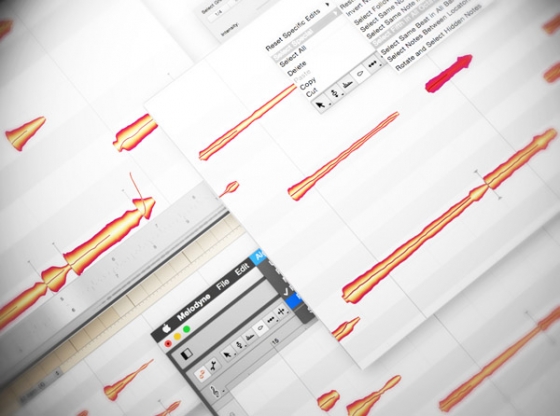Groove3 Melodyne 4 Explained
Size 488 Mb
In this in-depth video tutorial series computer music guru Eli Krantzberg shows you how Celemony Melodyne 4 gives you complete control over the pitch and timing of every track in your project. You’ll see how you can use Melodyne both surgically and creatively, on individual tracks and even entire songs!
After a quick introduction, Eli starts by demonstrating how you transfer your audio into Melodyne so you can edit your pitch and timing in the Melodyne editor. You’ll then learn Pitch Editing including how to Transpose and Quantize Notes and how to Correct Pitch Drift and Intonation Errors over time.
Eli now reveals the best way to get around the Melodyne 4 GUI and discusses the deep timing features of Melodyne 4, including the Timing Tool, Time Handle, and Attack Speed Tools, as well as demonstrating the important essentials of Note Separation. The Correction Tools are covered next, starting with the Correct Pitch Macro which makes broad changes, and the Quantize Time Macro which does the same for time.
Selection and Detection are up next, and Eli shows you the best ways to use Melodyne’s Selection Options for selecting notes, and then how Note Detection and Separation work. He also explains how to use the Algorithm Inspector to optimize note detection for better editing and correction.
With all that covered, Eli turns to Polyphonic Note Editing, demonstrating how to quantize full chords using Melodyne’s unique Direct Note Access. Global features and parameters such as Cut and Paste, the Pitch Grid, Scale functions, Master Tuning, and the Scale Window are then looked at in detail.
Eli ends the series with a video on creative ways to use Melodyne and add spice to a drum loop using Melodyne’s Percussive algorithm as well as using Melodyne’s Audio to MIDI export function.
Whether you’re new to Melodyne or you’re an existing user looking for more ways to use it in your songs and productions, don’t miss “Melodyne 4 Explained”!
=”1″]

